The G20’s to-do list for restoring global economic stability
We must work against economic coercion by Russia and other authoritarian states.
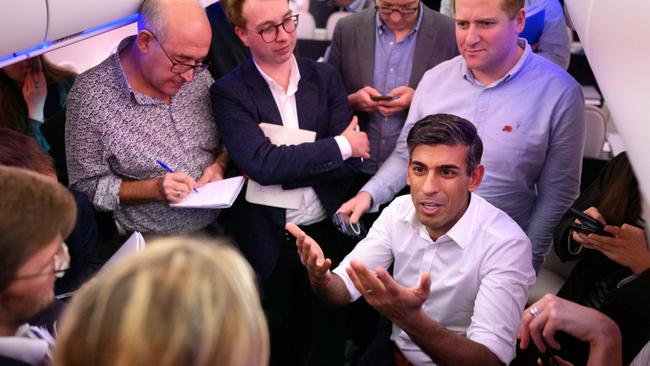
This week, at the Group of 20 in Indonesia, I am looking forward to meeting US President Joe Biden for the first time since I became British Prime Minister. The agenda before us is daunting. Together we face the largest-scale war in Europe since 1945 and the biggest set of global economic challenges since the financial crisis of 2008.
Like then, the world will be looking to us to ensure the stability of international markets and to put the global economy back on the path to growth. Like then, we must deliver. And we must not let Russia, as the chief architect of the current global economic strife, stand in our way.
With its invasion of Ukraine, Russia launched an assault on the fundamental principles of the UN Charter. That is why the UK is committed to backing Ukraine to the hilt. It is why we have provided more defensive equipment to Ukraine than any other European country has –and why we appreciate the vast resources the US has committed to this fight for freedom.
Our collective economic security has been threatened by this war. So we need to get on with the job that the G-20 was created to do, in stewarding the global economy through the turbulence this act of aggression set off. In the UK, we are making the tough decisions necessary to restore our economic stability. With so many countries suffering, we need to take co-ordinated global action too.
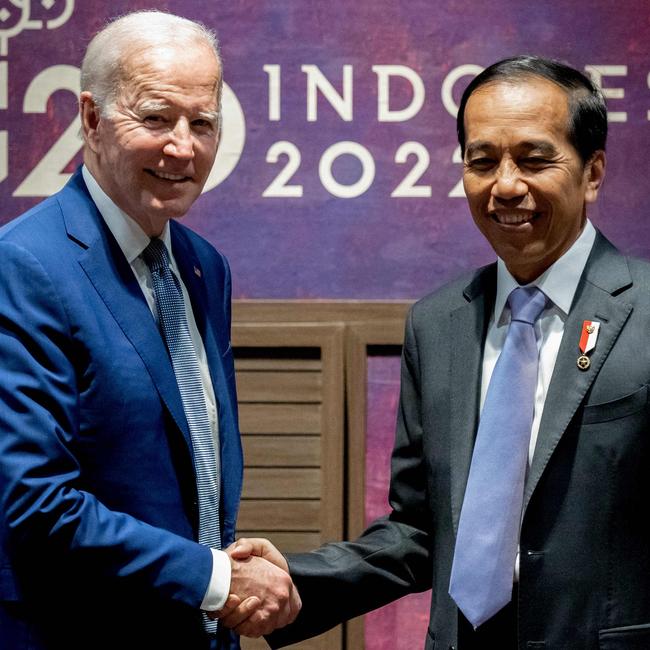
That means building on the work the UK, the US and our allies have already done through forums like the Group of Seven, which we have used more effectively than ever in the past nine months. It means better co-operation with India, Indonesia and others also suffering the consequences of the war. As will happen in Bali, it also means dialogue with those like China with whom we don’t share fundamental values.
There are five points where we need to see action at the G-20 this week. First, we must deliver support where it’s needed most, prioritising the vulnerable at home and around the world. In the UK we are helping families and businesses deal with soaring energy prices. The US has done the same. We need to support Ukraine through what may be a hard winter with military and economic support.
Second, we must end the weaponisation of food production and distribution. The G-20 should commit to increasing production and releasing stockpiles to boost food supply; renew the Black Sea Grain Initiative, which stops Russia from blocking shipments of food from Ukraine; and keep the Russian war machine from starving millions or blocking harvests in the developing world.
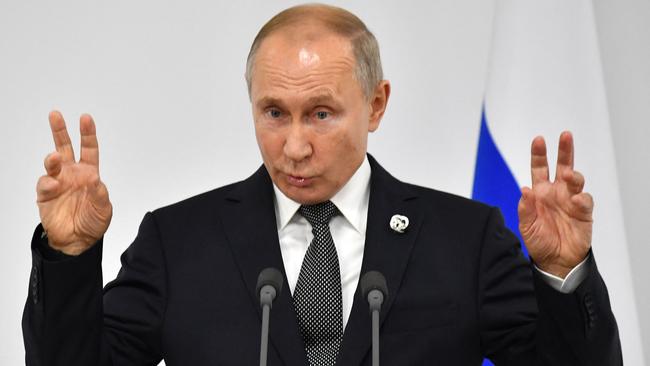
Third, we must strengthen our energy security and reduce our dependence on Russia. This means unlocking the investment needed to increase energy supplies and to accelerate the transition to renewable sources of power. That is ultimately the best way to protect ourselves from those who have used hydrocarbons to bully and coerce.
Fourth, we must open up global trade and protect it from those who seek to monopolise or manipulate markets. That includes driving reform of the World Trade Organisation, securing supply chains, protecting the digital economy, and bolstering cyber defences, including against intellectual-property theft.
Fifth, we must provide honest, reliable investment to help developing countries grow while also protecting them from attempts to make them dependent on their lenders. A combination of Covid-19 and unsustainable lending has caused debt to surge, and the current crisis is reducing countries’ ability to service it. We must support international financial institutions to unlock more lending, leverage private finance and provide an alternative for developing countries to borrowing from exploitative sources.
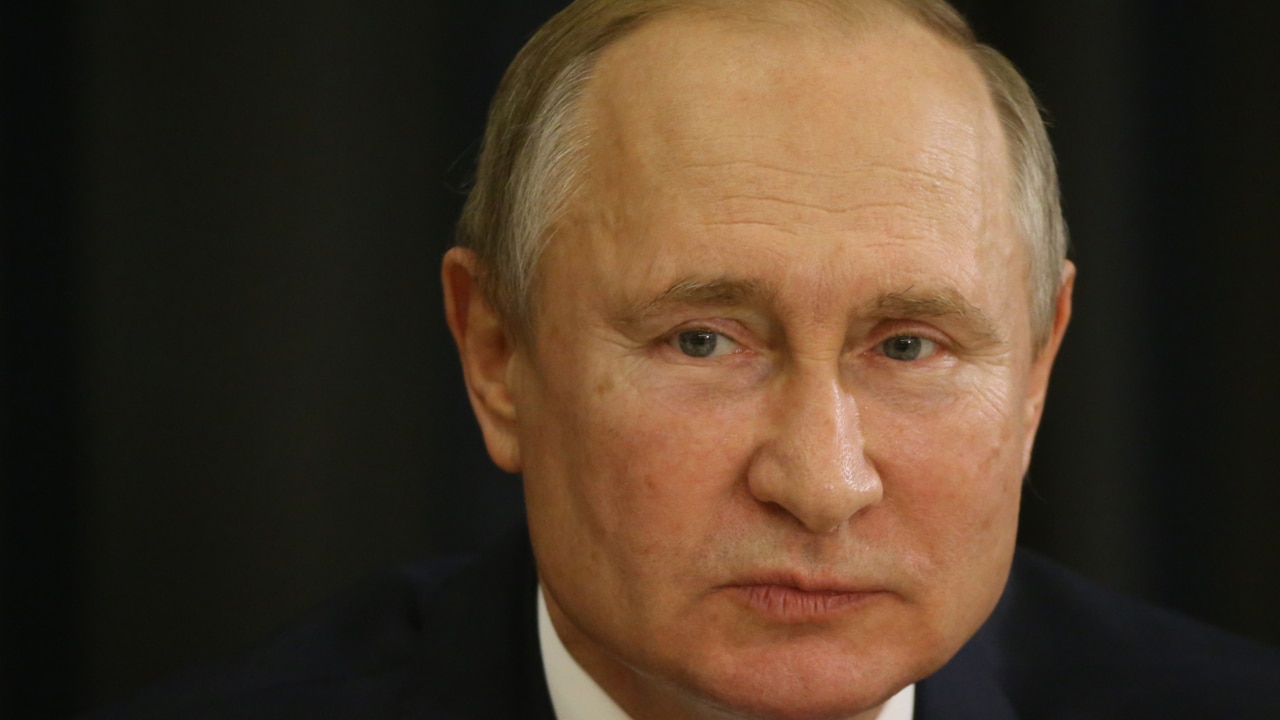
This positive plan of action is the best way to build resilience and protect ourselves against economic coercion by authoritarian states.
As leaders around the G-20 table, we have the power to address many challenges before us and a responsibility to uphold the international order, but some have their own agendas. Russian President Vladimir Putin won’t even show his face at the summit. Nonetheless, the US and the UK can make progress, together with our allies.
I had the privilege of studying, working and living in America, and I share its restless optimism. So let’s show that the values we hold dear – the rule of law, free markets, opportunity and liberty – continue to shine brighter than anything our adversaries and competitors have to offer.
Rish Sunak is the British Prime Minister
The Wall Street Journal



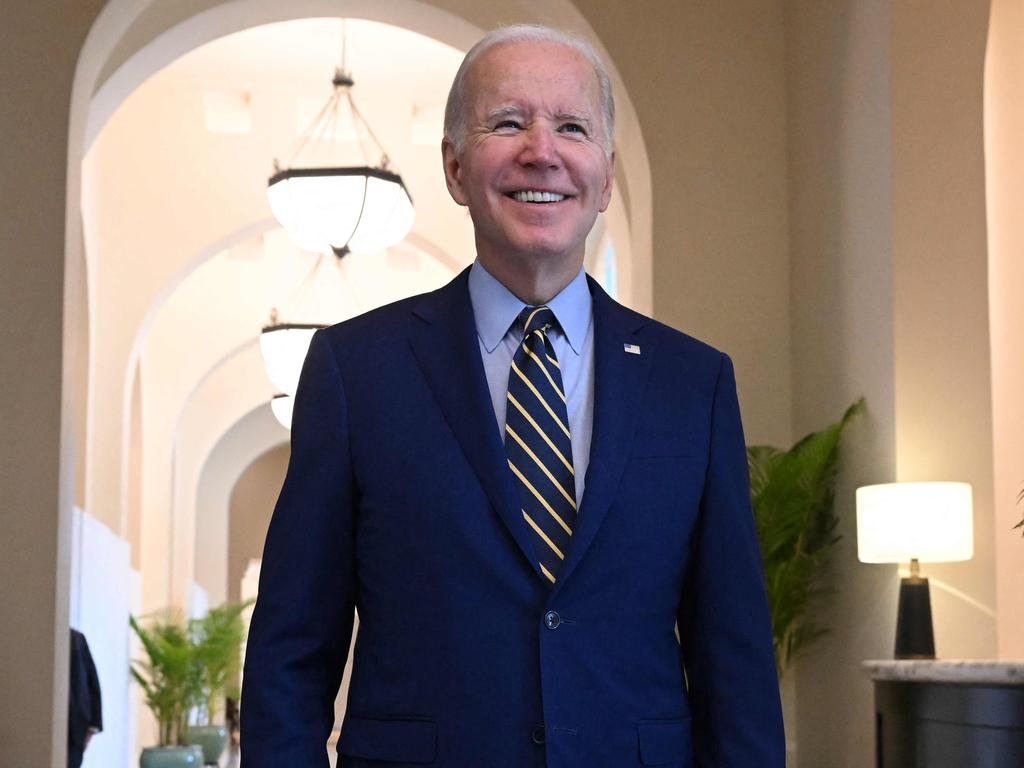
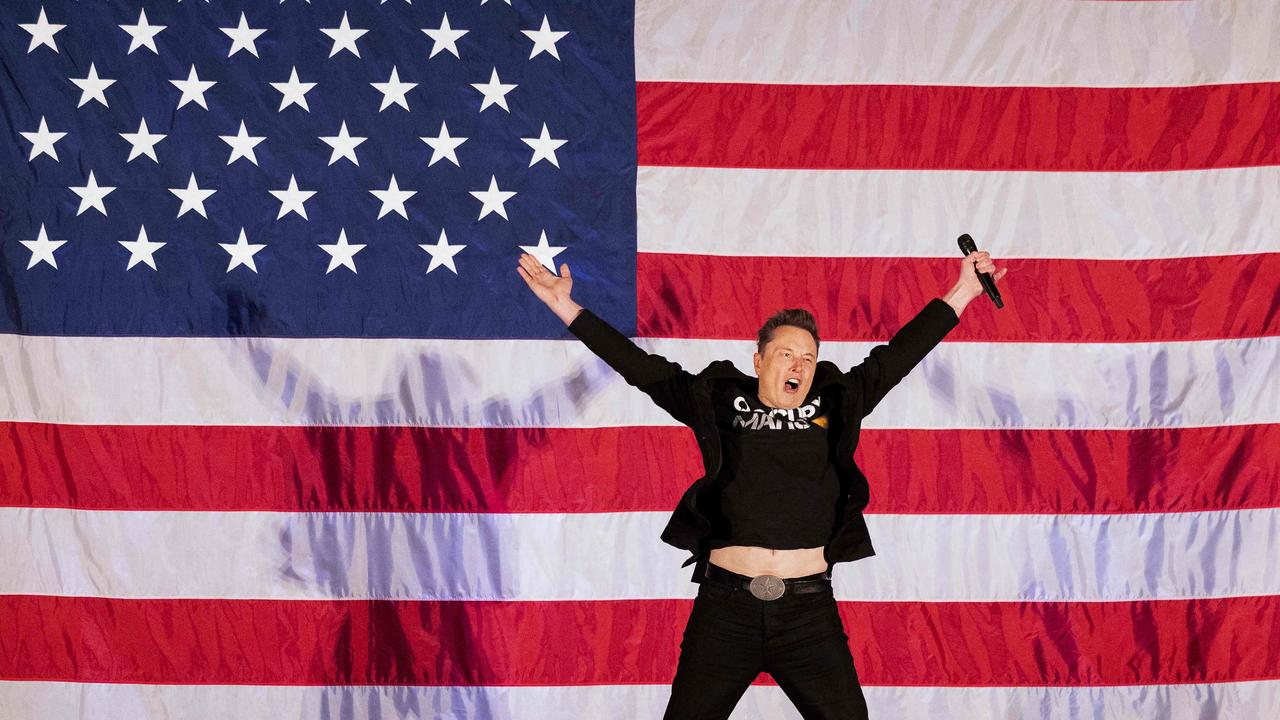
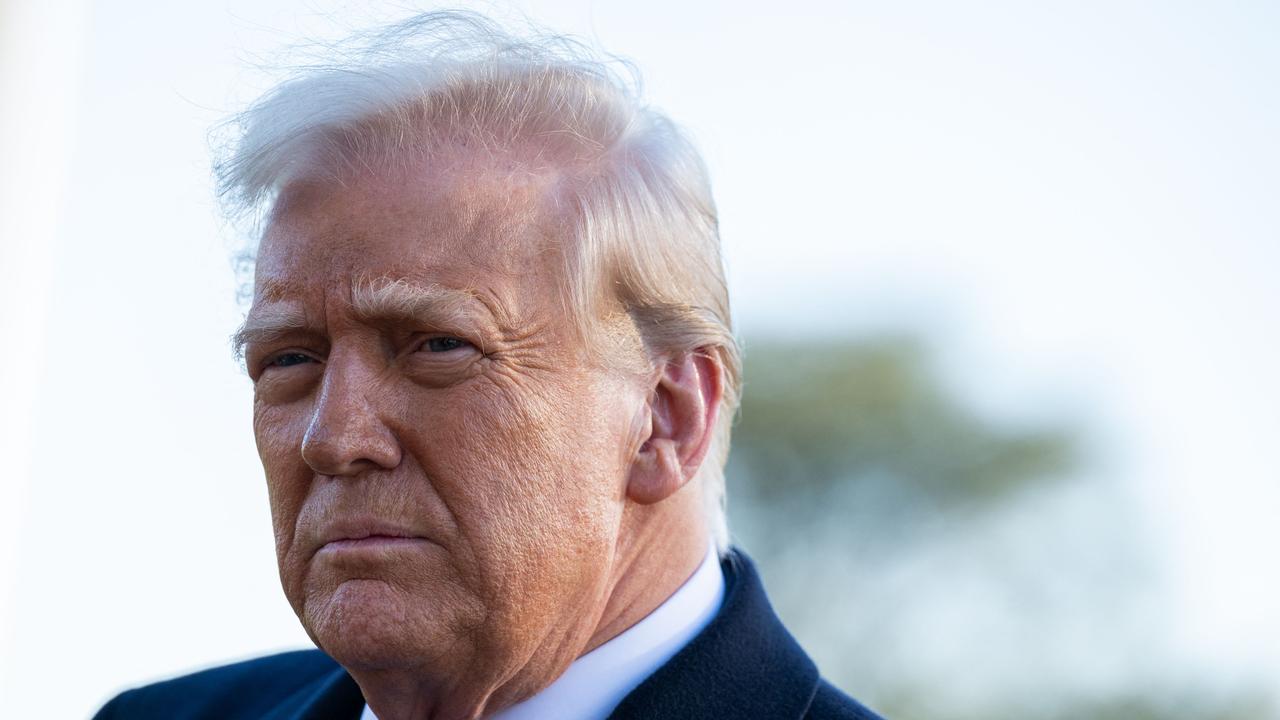
To join the conversation, please log in. Don't have an account? Register
Join the conversation, you are commenting as Logout